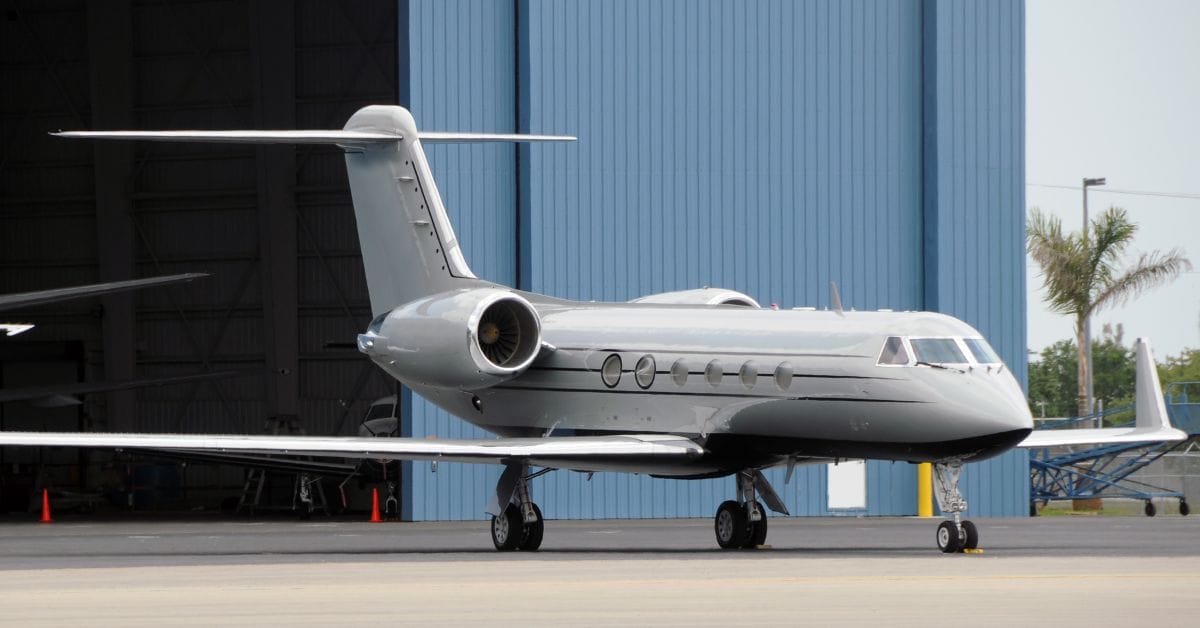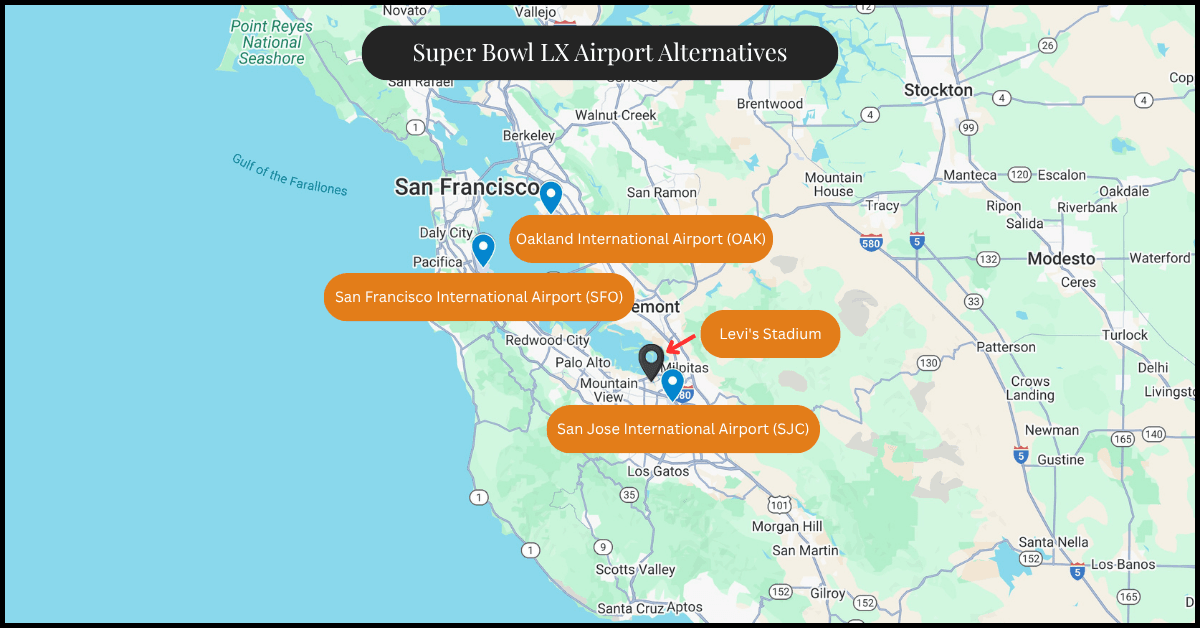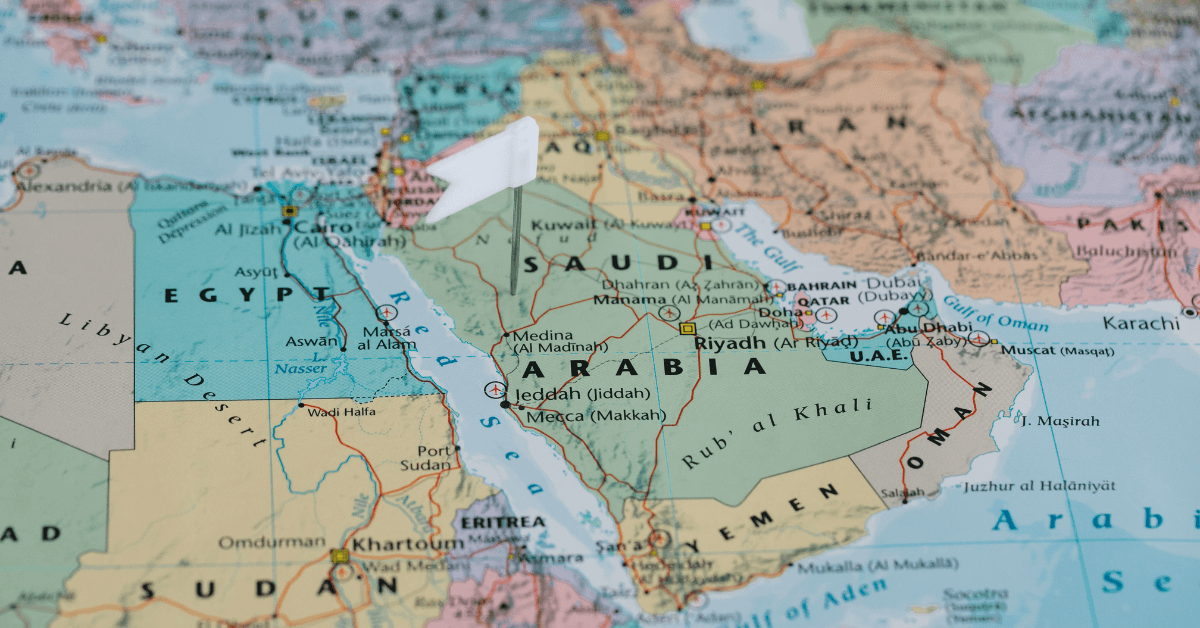Understanding how Value-Added Tax (VAT) and customs regulations work in the EU and UK is the key to avoiding costly delays, fines, and even aircraft impoundment. One of the more common issues arising with respect to trip support is the importation of trip supplies, including fuel, spares, and other goods.
Locally, these items are normally subject VAT when operating within either the EU or UK. Unless exemptions are available, it is strongly recommended that an aircraft operator coordinate closely with customs experts who specialize in VAT and customs rules related to business aviation in order to avoid complications.
VAT and Aircraft Sales in the EU and UK
Value-added tax is a generic consumption tax on goods and services supplied within the EU and UK. Aircraft transactions are no exception. Plain and simple: VAT is applicable on aircraft sales transactions if the transaction takes place in the EU or the UK, as their jurisdiction applies. It does not matter if the owner/operator and aircraft registration are outside the EU and the UK.
Imagine you are flying a U.S.-registered private jet, say a CL650, which becomes grounded in Berlin owing to a lightning strike. If it remains in Berlin, and during this period of downtime, a sale takes place, German VAT is still triggered even if the aircraft is U.S.-registered. For instance, if the engines are elsewhere in the UK and the airframe is in Berlin, UK VAT may be applied to the engines while the airframe is under German VAT. This underlines the requirement of consideration for where the transactions occur, which is not necessarily where the aircraft is registered.
The actual VAT rates around the EU and the UK range from 18.5% up to 20.5%. The UK now, post-Brexit, allows for VAT-free importation under specific terms and conditions, especially for large aircraft over 8,000 kg, with no change of registration (cabotage).
Temporary Admission and its Role in Avoiding VAT
Temporary Admission (TA) allows a private aircraft not registered in the EU/UK to enter and stay in EU/UK territories for a limited period without triggering any import VAT or customs duties, provided specific conditions are met. The TA system applies to private and commercial aircraft, allowing it not to go through formal importation and any relevant VAT charges applicable to non-locally registered aircraft.
Under TA, if the aircraft is non-EU registered and used for private purposes only, it may stay in the EU for six months. In cases where an aircraft is employed for commercial flying, such stays are limited to the time needed to accomplish the business operations. When an aircraft is in the EU or UK for maintenance, the TA provisions may be highly advantageous.
Nevertheless, the business must be conducted under strict conditions laid down for TA. Breach of any of these would amount to the aircraft being regarded as imported and hence attracting VAT and probably customs duties. For example, detentions of aircraft registered outside the EU have taken place in France because of incomplete adherence to Temporary Admission rules.
VAT Compliance
Operators of private jets often ask, especially if they frequently fly to the EU or the UK: Do we need to care about any VAT and customs rules with an N-Reg, IOM, or T7-registered aircraft? The answer is most certainly. Even if you never had any problems in the former Safety Assessment of Foreign Aircraft (SAFA) checks, you may be asked for this proof of temporary admission during a ramp check.
VAT and Aircraft Maintenance: Understanding the Inward Processing Relief
Apart from temporary admission, there is another avenue of tax relief for aircraft operators when bringing an aircraft within the EU or UK for maintenance: Inward Processing. “IP provides an avenue through which aircraft may enter a customs territory for repairs without necessarily charging VAT on the full value of the aircraft. Alternatively, VAT is charged only on the value added during the course of repair.
This can be a huge benefit for aircraft undergoing major maintenance or refurbishment as it reduces the tax incurred on such services. The UK and various EU countries provide that aircraft may be sold under the IP regime without triggering VAT.
Common pitfalls and key considerations
Several important points must be considered when flying a non-EU-registered aircraft within the EU or UK:
- Cabotage restrictions: The term cabotage describes carriage by a foreign carrier of cargo or passengers within a country. In this respect, the EU has rather strict cabotage rules—specifically for commercial operations—banning aircraft registered in non-EU countries from carrying passengers or cargo within the EU between any two points in the EU countries (cabotage). While the temporary admission does allow flights within the EU, the carriage of EU nationals or goods on such flights complicates the compliance.
- The nationality of the passengers and crew will also influence customs and VAT compliance. Regarding private use, TA can be withdrawn in case EU nationals are considered to benefit from using an aircraft without appropriate authorization (EU customs).
- Duration of stay: The six-month rule concerning private use is tricky under TA. Operators should remove the aircraft from the EU following the allowable stay. Returning too quickly may be seen as a trick to restart the TA time, for which penalties may be imposed (cabotage).
- VAT on aircraft transactions: Any transaction related to the sale of an aircraft within the EU or the UK should be structured properly to avoid any issues regarding VAT legislation. Even when the aircraft is registered outside the EU, its sale within the EU may trigger VAT liabilities.
Best Practices for VAT Compliance
The rules concerning VAT and customs are complex in their application, often varying between EU member states. Therefore, it will be of paramount importance to consult tax and customs experts, such as Martyn Fiddler, very early in the process, well in advance of any transaction or maintenance being arranged.
Document everything: Complete aircraft documentation includes, but is not limited to, items like flight plans, crew rosters, and maintenance activity that may be requested in support of a customs check to prove your compliance with TA or other customs relief programs.
Local rules: VAT and customs rules differ in EU member states. Some countries, like the UK and Denmark, make them far friendlier regarding VAT and aircraft importation, while others have higher tax rates or more stringent rules in place. EU Customs
Flight durations: Monitor the aircraft so that it doesn’t overstay beyond the TA limits and that sufficient time between flights is given to avoid customs flagging anything out of the ordinary.
In essence, private jet crews and operators must be aware of the rules on VAT and customs, not to mention the enormous financial penalties that can be issued for possible failure, to fly worry-free in the EU and the UK. Whether it is the VAT on trip supplies or compliance with the demands of temporary admission, careful planning supported by professional advice holds the secret to successful flying.




